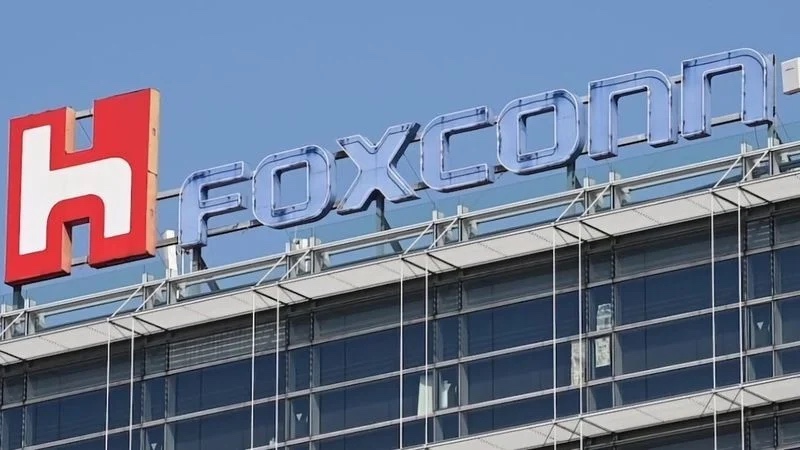Apple’s largest iPhone production partner Foxconn expects its main iPhone plant in China to resume full production as early as late December or early January. Production has been disrupted by worker unrest.
“The situation has stabilized,” a Foxconn source told Reuters, referring to the protests in Zhengzhou and the government’s easing of COVID restrictions.
“The local government is actively helping with the resumption. The capacity is now being gradually resumed with new staff hiring under way. If the recruitment goes smoothly, it could take around three to four weeks to resume full production,” the person said.
“At present, the overall epidemic situation has been brought under control with November being the most affected period,” the company later said in a statement. The company says it has started to recruit new employees and was gradually “restoring production capacity to normal.”
Foxconn’s Zhengzhou plant employs approximately 200,000 workers and is Foxconn’s largest iPhone factory. Foxconn assembles 70% of all iPhones sold by Apple. The company has struggled to retain employees, due to China’s restrictive lockdowns required by the country’s zero-COVID policy.
The Zhengzhou plant was hit by stringent COVID-19 restrictions last month after an outbreak at the factory. The outbreak caused the city of about 10 million people to be locked down.
Riots soon broke out as workers protested over living standards and a failure to pay promised bonuses, which Foxconn put down to a “technical error” when hiring new recruits.
Foxconn on Monday reported sales for November were actually down 11.4% from the prior year and said it expects the fourth quarter to be “roughly in line with market consensus.”
Foxconn shares closed flat, in line with the broader market which ended up 0.1%.


